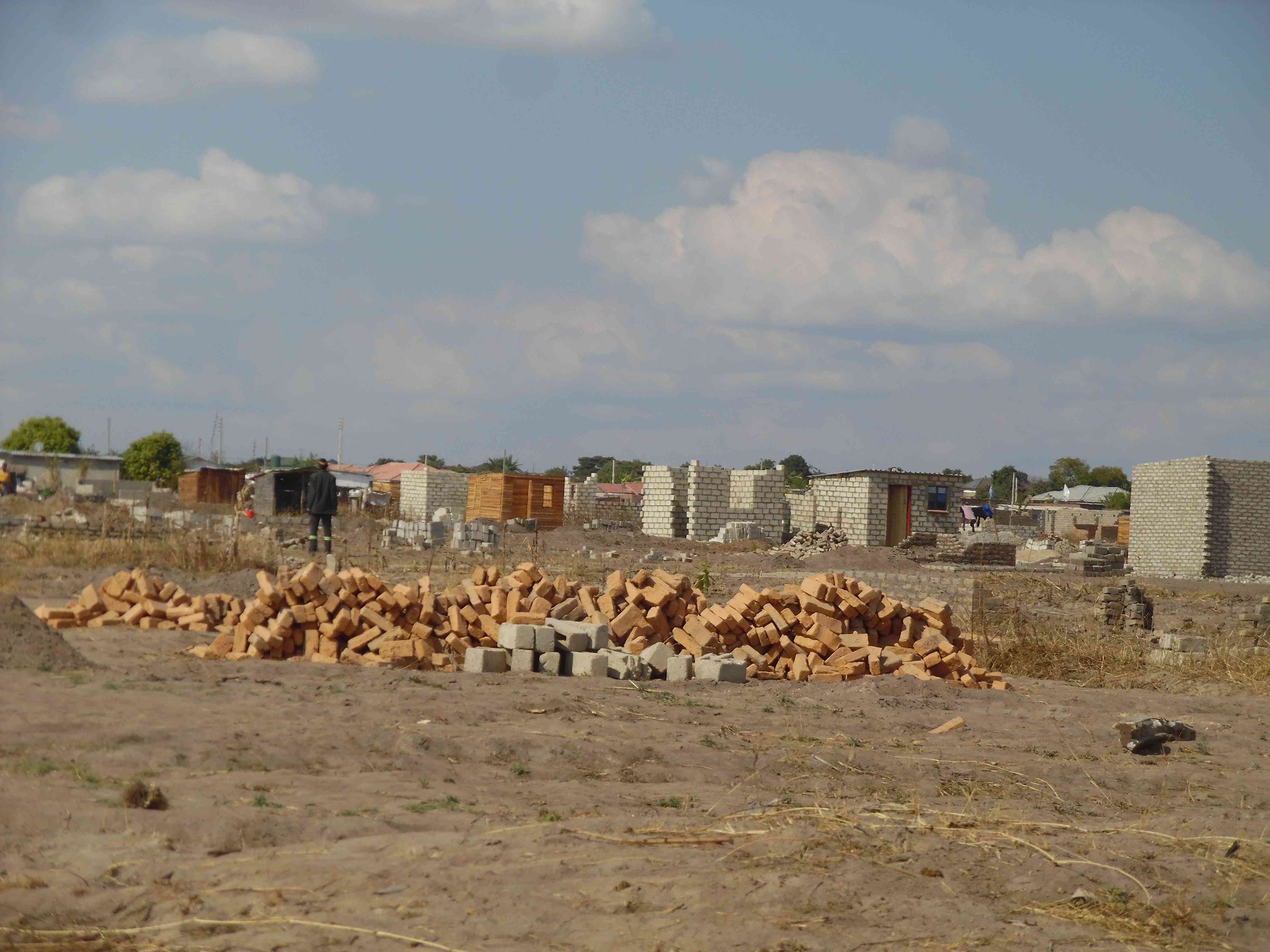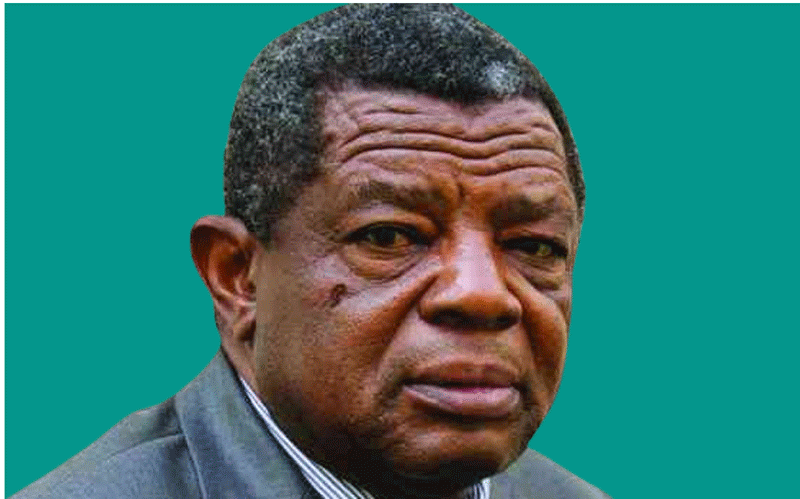
BY NQOBANI NDLOVU
AN elderly man was killed by an elephant in Hwange as communities in the Matabeleland North district say they are living in fear of wild animals that are encroaching into their areas in search of water.
The water situation at the Hwange National Park is dire so much that there has been an increase in human-wildlife conflict as animals stomp through nearby villages, destroying property in search of water.
According to the Hwange Residents Trust (HRT), residents of Ingagula, Lusumbami and Madumabisa are the worst affected and living in fear of elephants that are now roaming around their residential areas.
“These elephants are running away from the national parks because water sources dried up and mining activities around the national park are also contributing to the migration,” HRT coordinator Fidelis Chima said.
Chima said they had appealed to the Zimbabwe National Parks and Wildlife Authority (ZimParks) to deal with the problematic elephants without success.
“We have engaged ZimParks over the matter and we are planning to engage Parliament through relevant portfolio committees so that they look into the matter to ensure that communities live in peace,” he said.
ZimParks spokesperson Tinashe Farawo confirmed the wildlife authority constantly receives complaints from villagers over losses caused by wildlife before revealing that a Hwange villager was killed by an elephant last week.
- Chamisa under fire over US$120K donation
- Mavhunga puts DeMbare into Chibuku quarterfinals
- Pension funds bet on Cabora Bassa oilfields
- Councils defy govt fire tender directive
Keep Reading
“These problems are being reported on a daily basis. And only a few days ago, an elderly man was killed by an elephant in Hwange,” Farawo said.
“Since January, we have lost 50 people to animals, and of those 50 people the majority have been killed by elephants, followed by crocodiles, lions and buffaloes.”
Farawo blamed the human-wildlife conflict on an “unsustainable” jumbo population.
According to ZimParks, the country’s elephant population has risen to over 84 000, more than twice the 45 000 it can sustain, a situation also causing human-animal conflict.
The increase in wildlife population has been blamed on, among others, a ban on culling following the promulgation of the Convention on Trade in Endangered Species, which imposed a global ban on trade in ivory trade.
“The situation is dire, but sadly we are sounding like a broken record yet these things happen every day,” Farawo said.
“The long-term solution is to depopulate where we have more animals to where we have less animals.
“It’s a very expensive exercise; it needs planning and resources, which we do not have.
“The other solution is culling. We used to do culling, for example, between 1965 and 1988, more than 40 000 elephants were culled, but we cannot because of the pressure from animal activists, some of whom have never seen an elephant…”
Last year, the Binga District Residents Association petitioned ZimParks asking for the setting-up of a fund to compensate villagers for losses resulting from human-animal conflict.










